Chennai, October 1 –
Tragedy struck late on Monday night at the Ennore SEZ thermal power project site near Chennai, when a section of roof and scaffolding collapsed during ongoing fabrication work. The collapse killed nine migrant workers, most hailing from Assam, and left several others seriously injured. The grim visuals of mangled steel and crumpled scaffolding under floodlights sent shockwaves through Tamil Nadu and beyond, reigniting debates over workplace safety, contractor accountability, and migrant worker welfare in India’s booming infrastructure sector.
Rescue teams, including fire services, National Disaster Response Force (NDRF), and local police, worked through the night to retrieve bodies and assist the injured. Survivors described the incident as a “sudden thunderous crash” with no time to react.
Voices from the Ground
One injured worker told local reporters, “We were fixing metal beams when everything gave way at once. I fell onto a lower platform, others were not so lucky.”
Families of the deceased, many based in Assam, were notified through district authorities. The victims were predominantly young men who had migrated in search of stable work and better wages.
Government Response and Ex-Gratia
Both Prime Minister Narendra Modi and Tamil Nadu Chief Minister M.K. Stalin announced ex-gratia compensation:
- ₹2 lakh from the Prime Minister’s Relief Fund to each victim’s family.
- ₹5 lakh from the Tamil Nadu government, along with financial aid for the injured.
Chief Minister Stalin, visiting the accident site, assured that a high-level inquiry had been ordered. “The families of these workers deserve answers, not just relief,” he said.
Questions of Accountability
This tragedy has re-opened the uncomfortable question of contractor compliance and supervision in India’s infrastructure industry.
- Was the scaffolding erected according to prescribed standards?
- Were safety drills, helmets, and harnesses provided?
- Was work being carried out beyond safe hours?
Unions alleged that migrant workers are often made to work 12–14 hour shifts without adequate rest, a claim the contractors deny.
Migrant Workers: The Invisible Backbone
India’s infrastructure growth story is built on the backs of migrant workers, often from poorer states like Assam, Bihar, and Odisha. These workers face:
- Unsafe working conditions.
- Poor documentation of hours.
- Lack of permanent housing or healthcare support.
The Ennore tragedy highlights systemic neglect, where workers are treated as replaceable labor rather than human beings deserving of protection.
Occupational Safety and India’s Record
According to labour rights organizations, India records thousands of construction site deaths annually, many unreported. Unlike in some developed nations where Occupational Safety and Health Administration (OSHA) standards are rigorously enforced, Indian safety regulations are often loosely implemented.
Experts warn that unless stricter monitoring and punitive actions against negligent contractors are enforced, such tragedies will recur.
Economic Implications
The Ennore SEZ project is part of Tamil Nadu’s energy infrastructure expansion, tied to both industrial demand and regional power supply. Delays caused by this accident could ripple into project timelines and escalate costs. But beyond economics, the social cost—families losing sole breadwinners—remains immeasurable.
Union and Public Reactions
Labour unions have demanded:
- Time-bound judicial probe into the collapse.
- Criminal liability for contractors if negligence is proven.
- Mandatory safety audits for all ongoing projects.
Civil society groups argue that labour law reforms have weakened worker protections, leaving them vulnerable.
The Pattern of Negligence
This is not the first such incident. Recent years have seen similar tragedies:
- 2022: A scaffolding collapse in Gujarat killed 13 construction workers.
- 2023: A crane accident in Thane killed 17 workers.
- 2024: A boiler explosion in a Jharkhand power plant killed six.
Each incident generates temporary outrage, but little systemic change.
Engineers Call for Patience, But Families Want Justice
Structural engineers advise against premature speculation, noting that forensic studies of wind-load, fabrication quality, and weather stress are necessary to determine exact cause. But for grieving families, waiting is unbearable. As one father in Assam said, “My son left to build someone else’s future. He lost his own. Who will answer for this?”
The Road Ahead
The Tamil Nadu government has promised a transparent inquiry. Experts suggest India must adopt:
- Mandatory safety certifications before construction.
- Third-party audits of all high-risk sites.
- Insurance coverage for all migrant workers.
- Real-time monitoring using IoT and AI-enabled safety helmets.
Only systemic reforms will prevent future Ennore-like disasters.
Conclusion: Beyond Compensation
Nine lives were lost at Ennore. The compensation may provide temporary relief, but true justice lies in accountability and reforms that ensure no worker dies for want of safety gear or contractor negligence.
As the sun rises over the twisted steel in Chennai, the question lingers: How many more lives must be lost before India values its workers as much as its infrastructure?
#Chennai #WorkplaceSafety #MigrantWorkers #Ennore #Infrastructure #TamilNadu #OSHA #Accountability #LabourRights #India
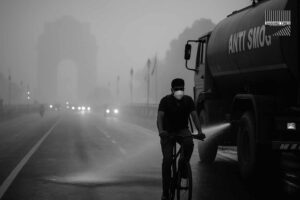
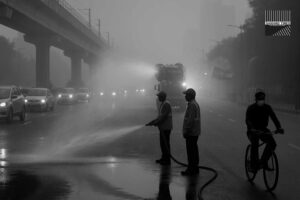





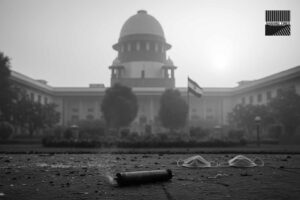



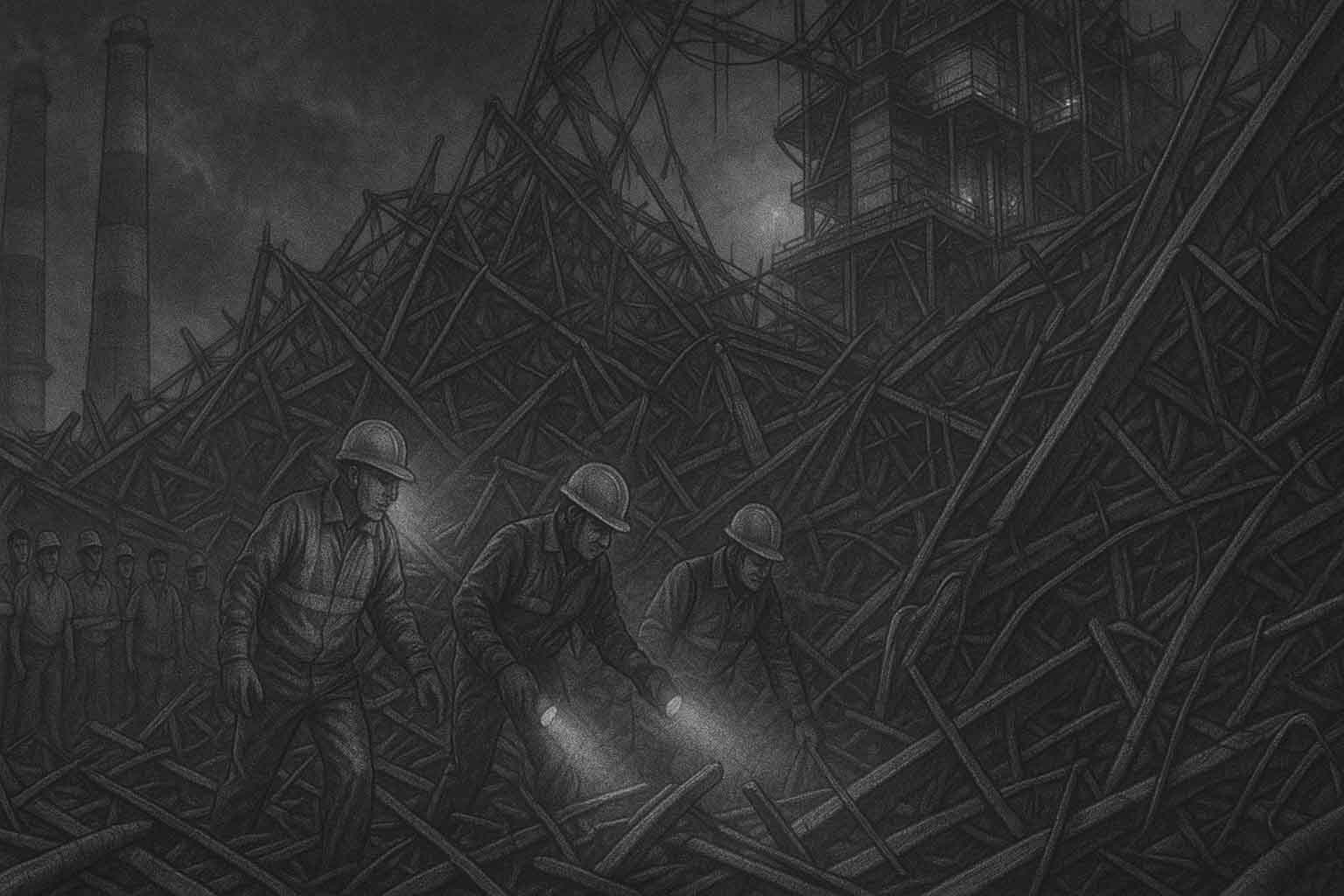
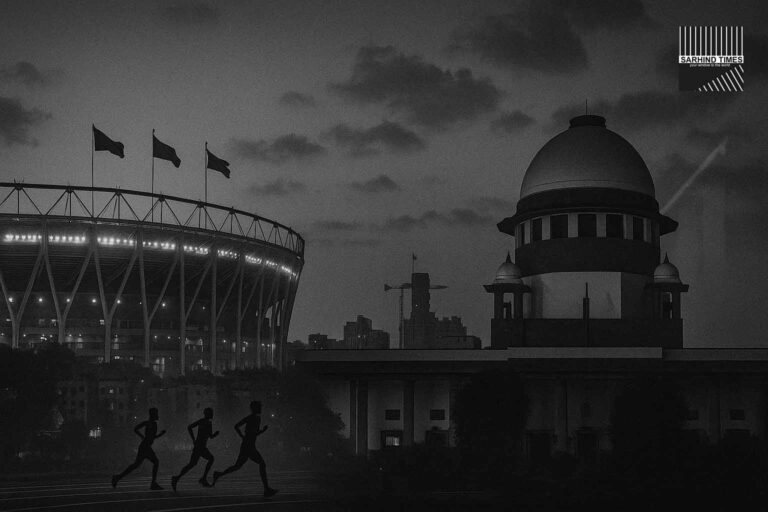
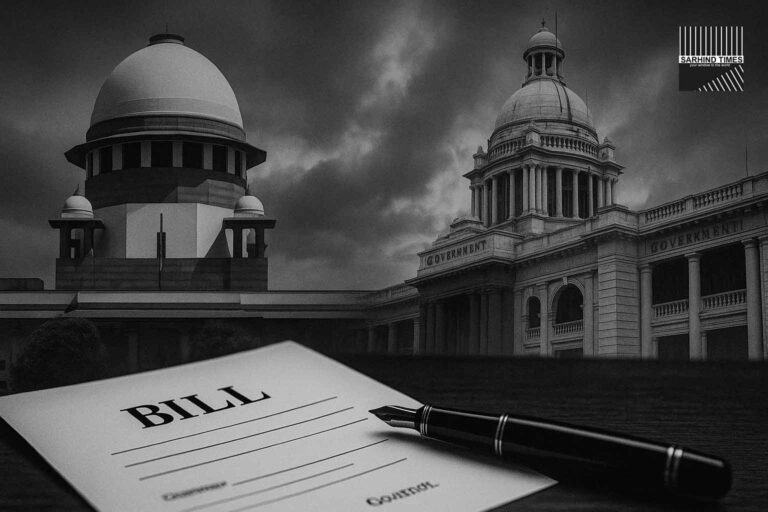
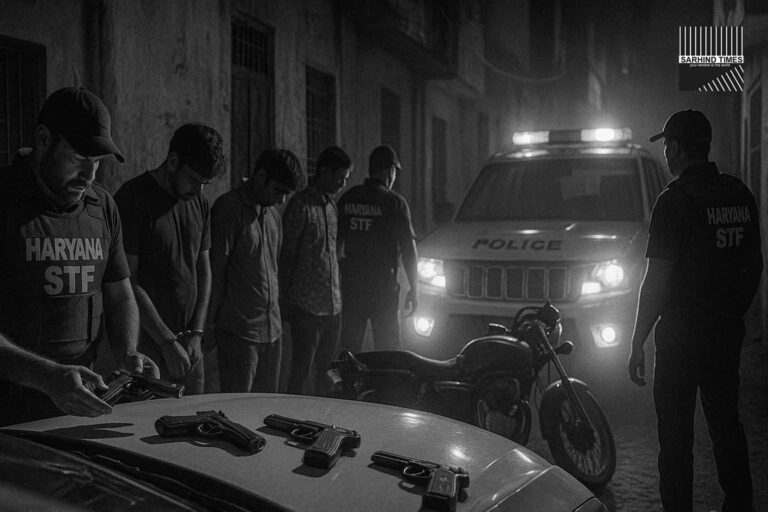
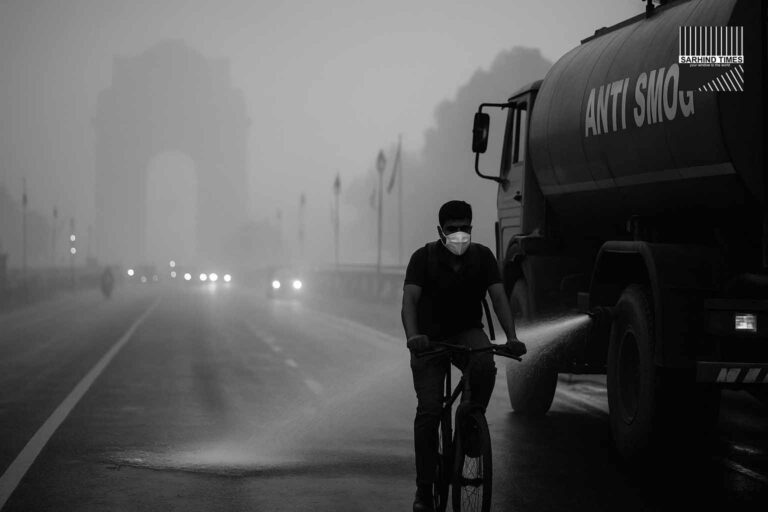
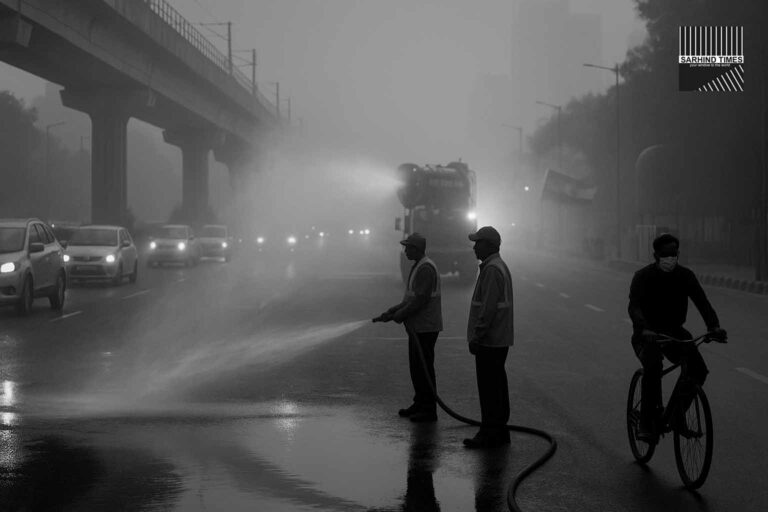




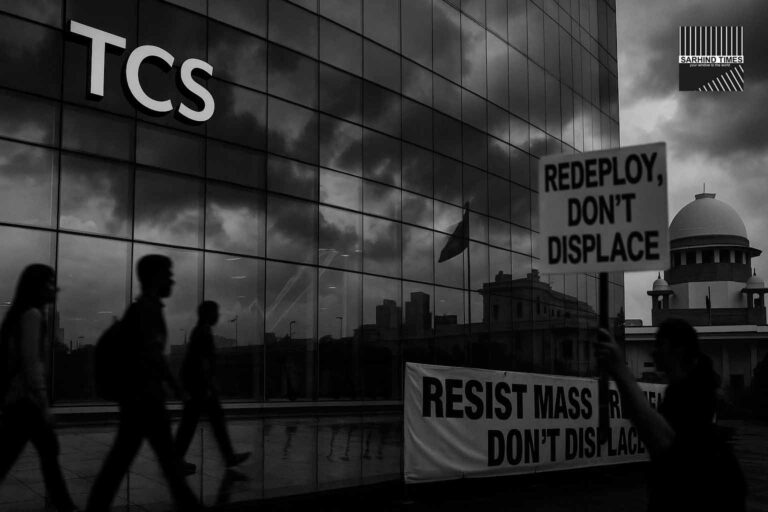
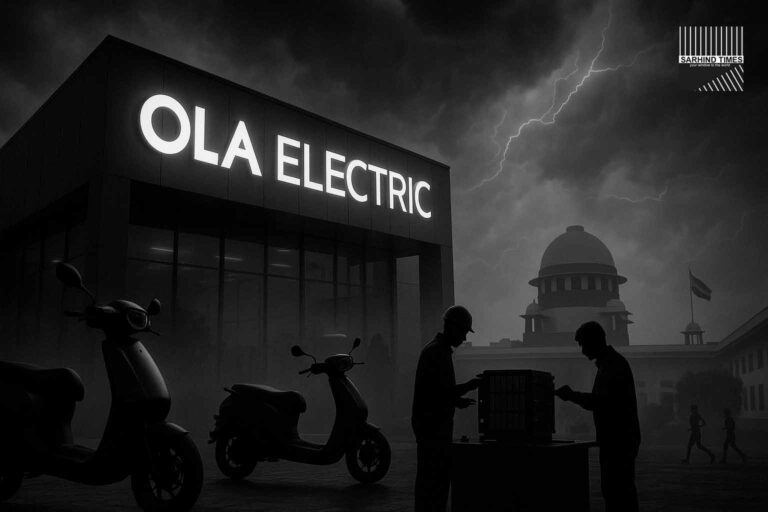
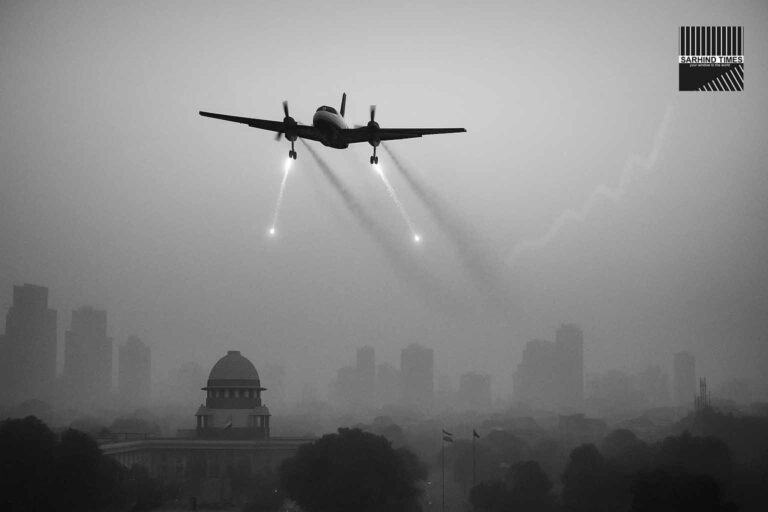
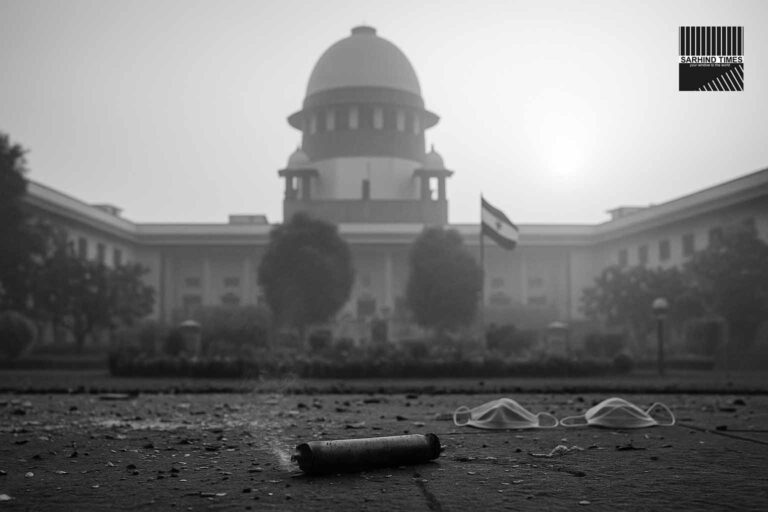
+ There are no comments
Add yours